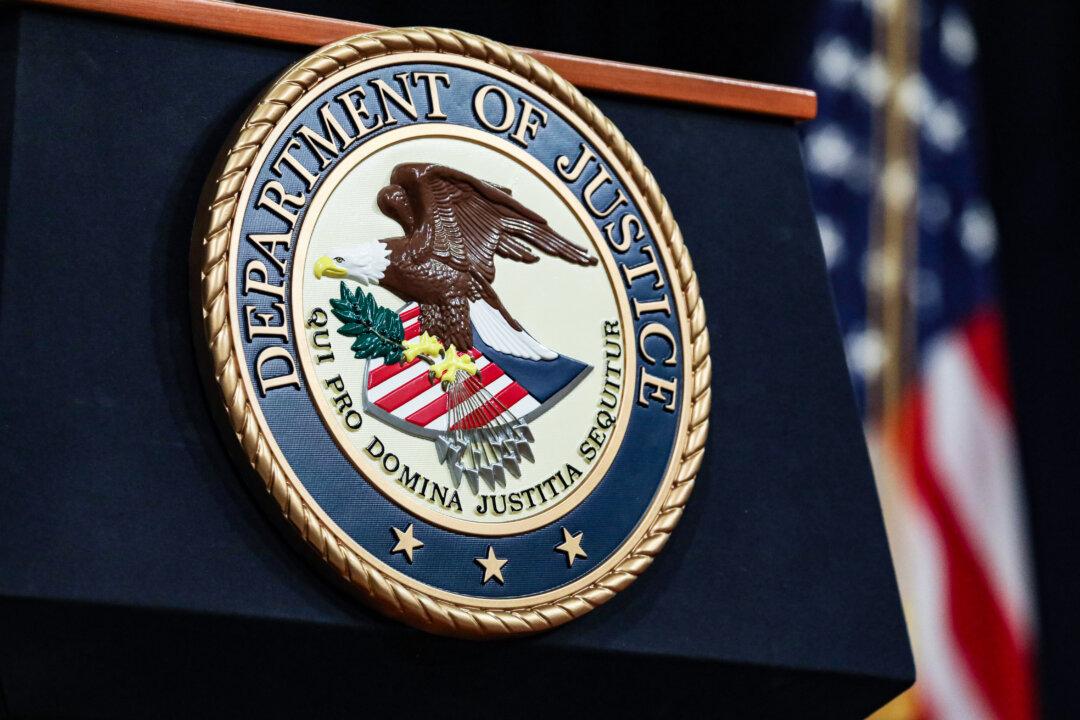The Biden administration is urging a federal appeals court to halt a plea deal that would allow the alleged architect of the Sept. 11, 2001, terrorist attacks and two alleged accomplices to avoid the death penalty.
The government’s motion, filed in the U.S. Court of Appeals for the District of Columbia Circuit, seeks to stop a plea hearing in the case against Khalid Sheikh Mohammed from proceeding. The hearing is scheduled for Jan. 10 at Guantanamo Bay, where the suspected terrorist has been held since 2006.





